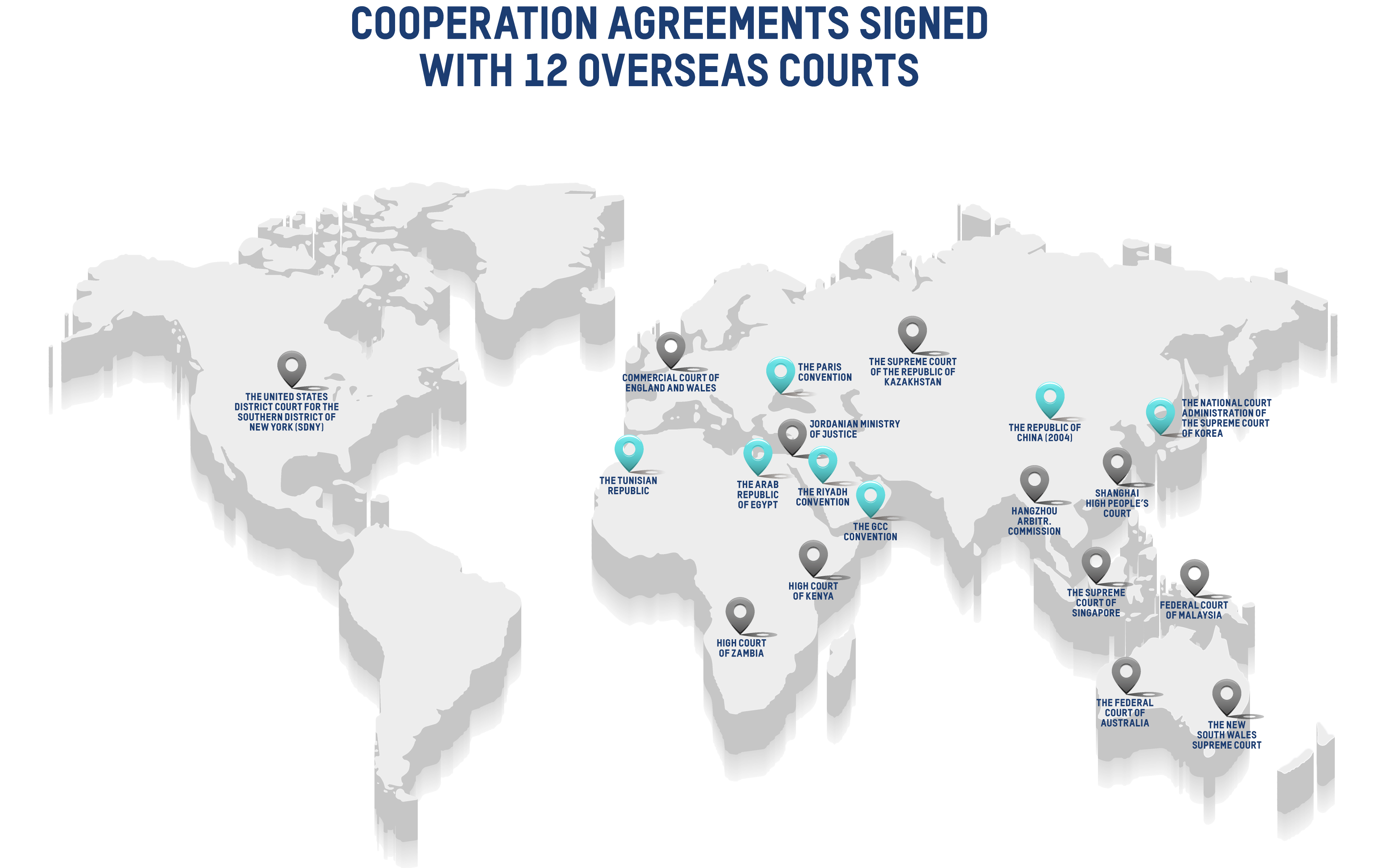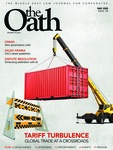Commercial claims on the rise at DIFC Courts

DIFC Courts has revealed its key figures for the full year 2017, with a volume of 520 cases across all divisions, delivering steady growth for the English-language common law courts.
Claims at the main Court of First Instance (CFI) increased to 54, up 17 per cent year-on-year, with the settlement rate increasing from 83 per cent to 88 per cent. In addition, enforcement claims rose to AED3.4 billion, from AED2.75 billion in 2016 – a 26 per cent year-on-year increase.
The value of Small Claims Tribunal (SCT) claims and counterclaims increased 75 per cent in 2017, to AED36.2 million, from AED20.7 million in 2016. The settlement rate for the award-winning SCT also rose to 85 per cent, a 10 per cent increase from 2016. In a move designed to help people and businesses resolve disputes more quickly, in 2017 the DIFC Courts’ SCT also introduced a mechanism to allow claimants the option to use direct and instant messaging to give defendants notice as part of an expanded range of e-services.
Amna Al Owais, chief executive & registrar, DIFC Courts, said, “In 2017, DIFC Courts continued to strengthen relationships with local institutions across Dubai and the UAE, as well as forge more agreements with the world’s most respected civil and common law jurisdictions, developing greater recognition of our Courts throughout the commercial world. As a preferred or exclusive default jurisdiction for dispute resolution, we have been trusted to settle the region’s landmark commercial disputes for a decade. Our primary objective is to enable business certainty through a court system that delivers fair and efficient justice.”
In line with the goal of being the world’s most connected judicial system, the DIFC Courts continued to formalise new partnerships with legal systems at home and abroad throughout 2017. Within the UAE these included Abu Dhabi Judicial Department (ADJD) and Dubai Multi Commodities Centre (DMCC). In Asia and Africa, successful partnerships were completed with the Federal Court of Malaysia, Hangzhou Arbitration Commission and the High Court of Zambia.
The DIFC Courts continued to pioneer innovations in 2017. In addition to a new mobile-enabled web-based Case Management System (CMS), a major partnership was established with Microsoft, as well as the formation of a new division set up for the most complex construction and technology disputes.

























































































































